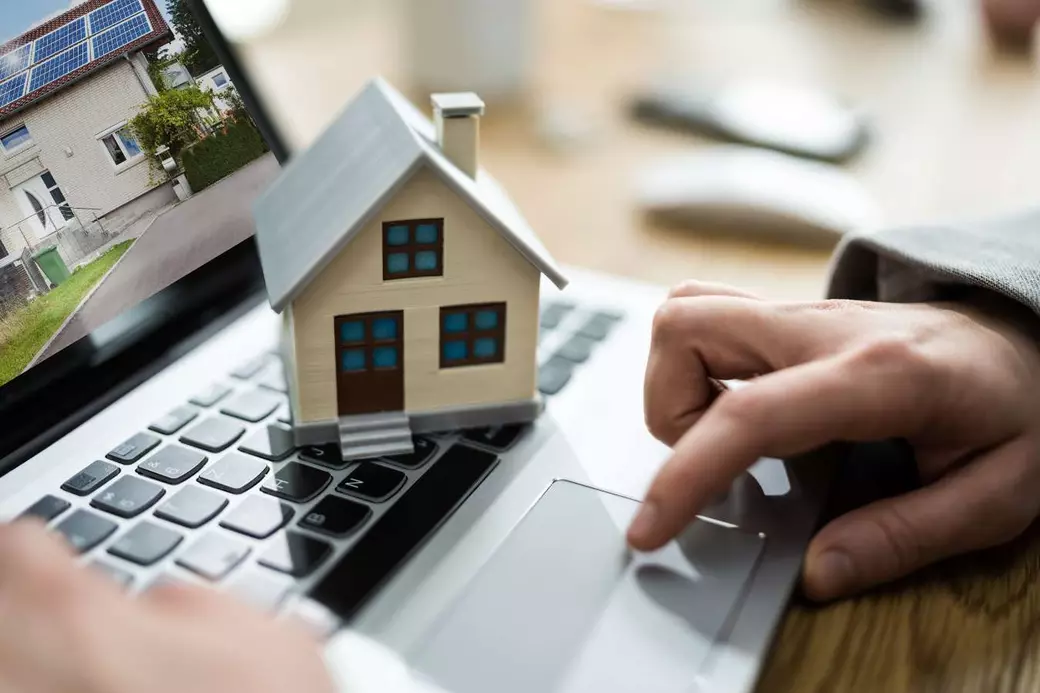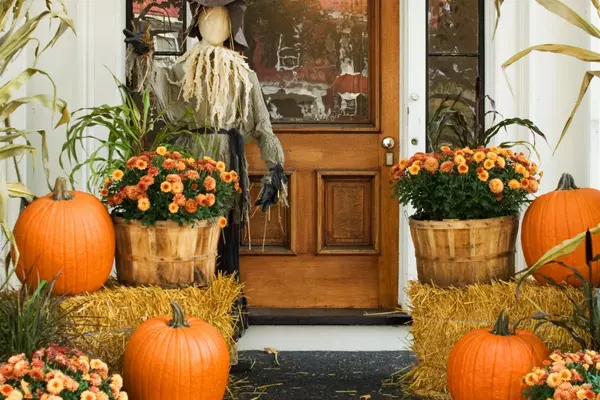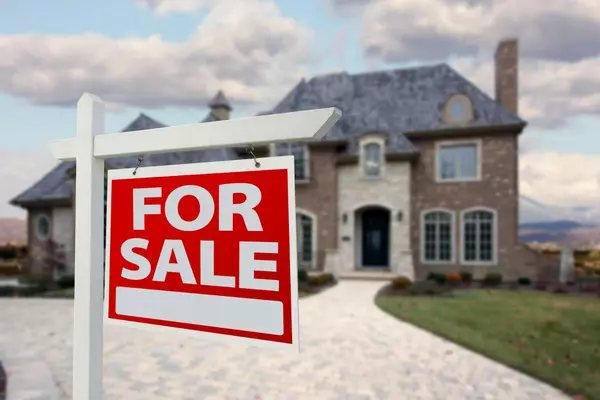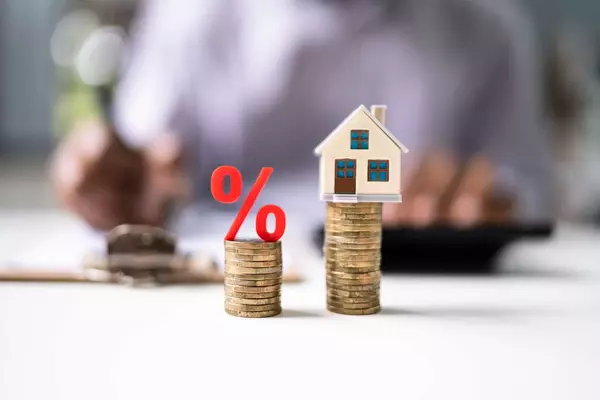The Art of Online Home Marketing

In today’s digital age, effectively marketing your home online is crucial for sellers looking to attract potential buyers. With the majority of home searches starting online, having a strong online presence can make all the difference in a competitive real estate market. Here are some essential strategies to ensure your home stands out and captures the attention it deserves.
High-Quality Photos and Videos
First impressions matter, especially in real estate. When potential buyers browse listings online, high-quality photos and videos are often the first things they notice. Investing in professional photography can significantly enhance your listing. A skilled photographer knows how to highlight your home's best features, making it look inviting and spacious.
Consider including a virtual tour or video walkthrough of your property. This allows prospective buyers to experience your home as if they were there in person. A well-produced video can showcase the flow of the layout and give viewers a sense of scale that photos alone cannot convey. Remember, when it comes to online listings, visuals are everything—make sure yours are top-notch.
Leverage Social Media
Social media platforms have become powerful tools for real estate marketing. Sites like Facebook, Instagram, and Pinterest can help you reach a broader audience. Create engaging posts featuring your home that include stunning images, compelling descriptions, and even short video clips. Use relevant hashtags to increase visibility; for example, #RealEstate or #HomeForSale can help attract local buyers.
Consider joining local community groups on social media where you can share your listing with interested buyers. Engaging with these communities not only helps spread the word about your property but also builds relationships with potential buyers who may appreciate your home’s unique features.
Don’t forget about paid advertising options available on these platforms. Facebook Ads or Instagram promotions can target specific demographics based on location, interests, and more—ensuring that your listing reaches those most likely to be interested in purchasing a home.
Optimize Your Listing for SEO
Search Engine Optimization (SEO) is another critical component of marketing your home online effectively. When creating your listing description, think about keywords that potential buyers might use when searching for homes like yours. Terms such as “three-bedroom family home in [your neighborhood]” or “modern condo near downtown” should be included naturally within your text.
Additionally, consider writing an engaging narrative about what makes your home special—highlighting unique features such as a newly renovated kitchen or proximity to local parks and schools. Not only does this create an emotional connection with potential buyers, but it also enhances searchability.
Ensure that all images uploaded to your listing have descriptive file names and alt text that includes relevant keywords. This helps search engines index your images correctly and increases the chances of them appearing in image searches related to real estate.
Utilize Real Estate Platforms
While social media is vital for outreach, don’t overlook dedicated real estate platforms like Zillow, Realtor.com, or Redfin. These sites attract serious buyers actively looking for properties. Make sure you fill out all relevant fields when creating your listing—this includes details such as square footage, number of bedrooms/bathrooms, year built, and any recent upgrades.
Additionally, keep track of how many views and inquiries you receive through these platforms. If you notice low engagement levels after a few weeks on the market, consider adjusting your strategy—whether that means updating photos or tweaking the description.
Engage with Potential Buyers
Once you've listed your home online and started attracting interest, be proactive in engaging with potential buyers who reach out with questions or requests for showings. Prompt responses demonstrate professionalism and can help build trust between you and prospective buyers.
Consider hosting virtual open houses via platforms like Zoom or Facebook Live if you're unable to conduct traditional showings due to time constraints or other factors. This allows interested parties to ask questions in real-time while getting an immersive view of the property from the comfort of their own homes.
Marketing your home effectively online requires a combination of high-quality visuals, strategic social media use, SEO optimization, leveraging dedicated real estate platforms, and active engagement with potential buyers. By employing these tactics thoughtfully and consistently throughout the selling process, you’ll significantly increase the chances of selling your property quickly—and at a price that meets or exceeds your expectations.
With careful planning and execution of these strategies, you can navigate the digital landscape confidently and successfully market your home to eager buyers searching for their dream property.
Categories
Recent Posts










